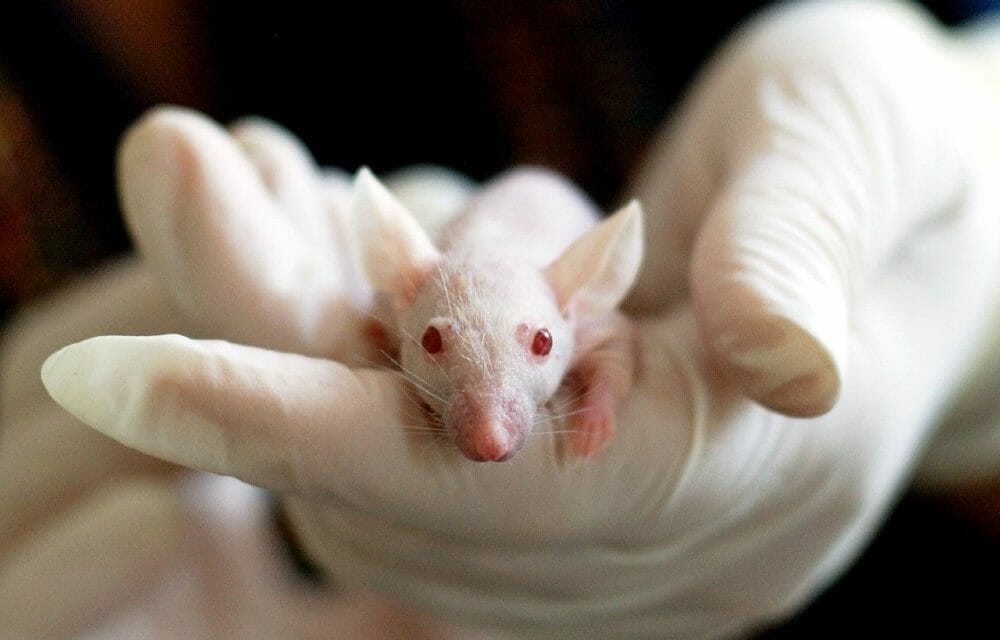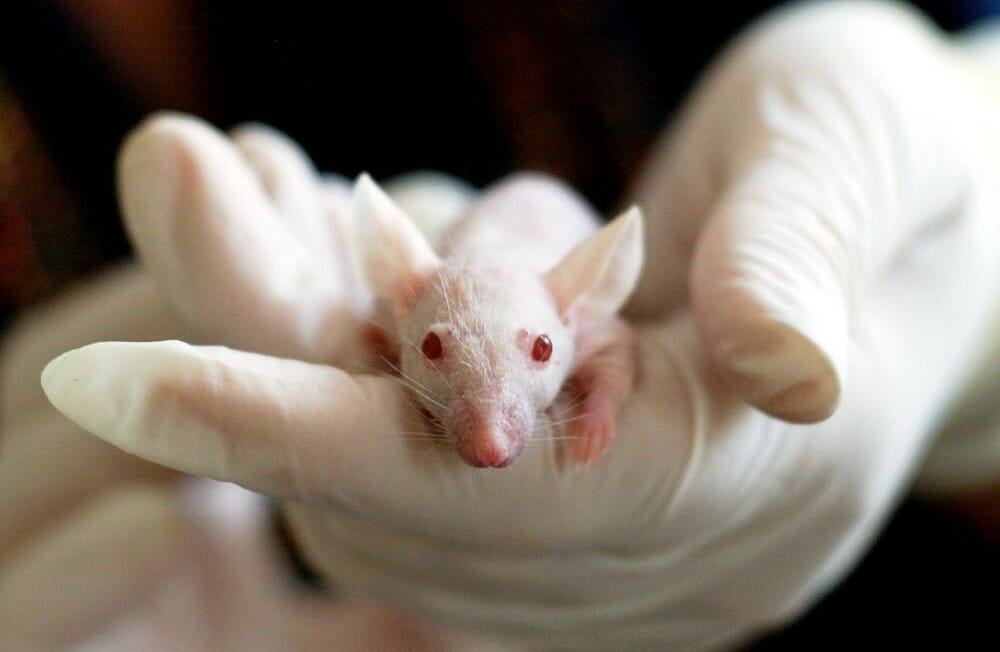A newly launched scientific non-profit is working to find safer and quicker solutions for the biomedical problems facing humanity, eliminating unreliable and cruel animal testing procedures in the process.
The Center for Contemporary Sciences (CCS) launched in May, the brainchild of a group of scientists, researchers, and nonprofit leaders who convened at Harvard Law School for a three-day intensive workshop aimed at improving existing science.
They discussed how products tested on an estimated 25 to 100 million animals each year in the United States have dismal failure rates once human volunteers try them out.
“Greater than 90 percent of drugs and vaccines fail in human clinical trials, despite showing signs of safety and efficacy in animal and traditional laboratory tests,” said CCS’s Director of Science and Technology Jarrod Bailey. “We, therefore, need, urgently, to shift the focus of biomedical research and testing away from animals and towards hi-tech, cutting-edge human-based methods.”
Animals used in experiments are often immobilized for hours in restraint devices before they’re subjected to painful procedures, which include having holes drilled in their skulls, their spinal cords crushed, and their skin burned off. And animals kept in laboratories spend their days confined to tiny, bare cages, isolated from all other animals after being physically and psychologically abused in experiments.
Dr. Aysha Akhtar, CCS’s President and CEO, said the world’s focus on animal testing, with its often shoddy results, likely has slowed scientific discoveries about human diseases, rather than accelerated them.
“Human diseases are human diseases,” she told Lady Freethinker. “You cannot get around the interspecies differences.”
While Akhtar and her team care deeply about the compassionate treatment of animals, CCS is focusing on science and the conviction that the best human-based solutions have to start with human-based biology.
The nonprofit plans to promote technologies like ethically-sourced 3D human-tissue cultures, human stem cells, bioprinting, and organs-on-a-chip that are, by their nature, “more predictive of human biology and disease,” Bailey said.
There’s no evidence that medicines that have proven to be successful for people couldn’t have been developed in a different way, Akhtar said, likening touted successes linked to animal testing to gamblers in a casino.
“If you see a few people who come out talking about winning, you might think, ‘Gambling is great!’ because you’re only looking at a few cases,” she explained. “You’re not seeing the majority of people who are still in the casino, losing again and again and again.”
The reference to money is apt, with the National Institute of Health alone spending an estimated $14.5 billion taxpayer dollars on research at the expense of animals each year, as reported by Sentient Media.
CCS’s multi-prong approach to catalyzing change includes educating the next generation of biomedical researchers, shifting funding toward cutting-edge science that doesn’t harm or exploit animals, and serving as a hub for the latest information, resources, and innovations in the biomedical field.
Warren Casey, the acting chief of the U.S. National Toxicology Program’s bimolecular screening branch for the National Institutes of Environmental Health Sciences and CCS board member, said the nonprofit’s approach looks promising.
“I’ve been involved with many initiatives and organizations seeking to change animal-based approaches to research and toxicity testing,” he said, “but CCS is promoting an entirely new concept that I think could be the most impactful to date.”
Akhtar is excited to help both people and animals in the near future.
“I feel so privileged to be doing this, and to be working on something I so passionately care about,” she said. “I’m excited for the potential, for both animals and humans. This is a win-win situation. That’s why I’m so excited about what CCS is doing.”








